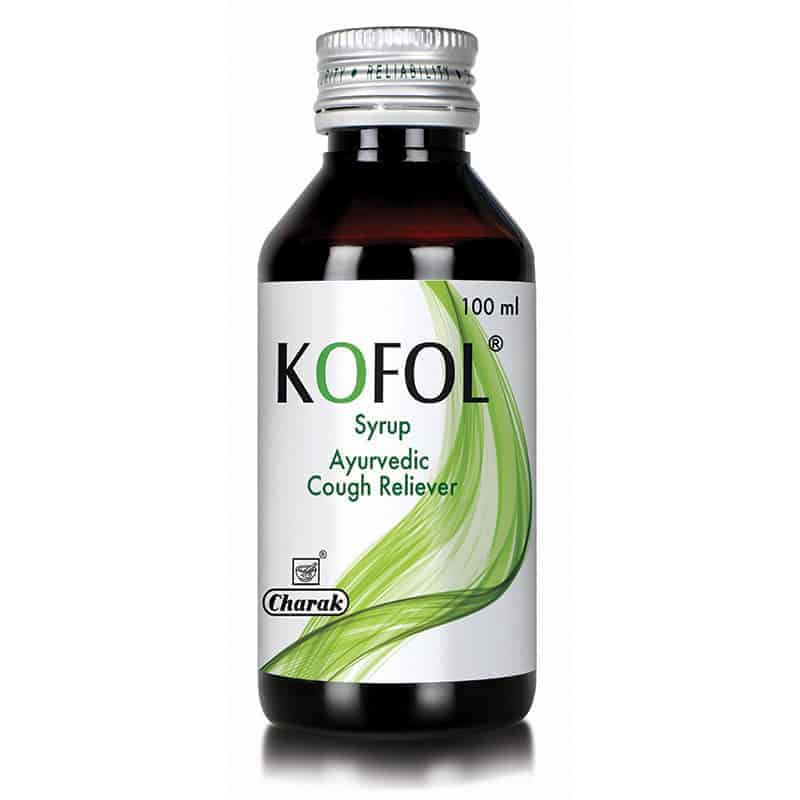Liver is situated in the lower right side of the abdomen, below the ribs.
Hepatitis is a common liver disorder, which means that the liver is inflamed. Liver is an important organ. It purifies the blood, fights from infections, it also aids in metabolism. Liver is a big metabolic gateway. It plays numerous roles. When this vital organ is inflamed, its functions are altered. This organ is affected due to reasons such as:
Overuse of alcohol, certain medications, and toxins.
Despite these causes, one of the most common causes of hepatitis is virus. When the liver is inflamed due to a virus, it is called as viral hepatitis.
Viruses that can cause hepatitis are, A, B, C, D and E.
Commonly seen are hepatitis A, B, C and E.
Hepatitis A and E are easy to treat, they resolve spontaneously. B and C are bad viruses. These can cause liver damage, which can progress to cirrhosis of liver.
Let us now see what are the symptoms of viral hepatitis?
Generally, many people with viral hepatitis do not experience any symptoms and hence are left undiagnosed for a long time. However, if followed by an acute infection, some of the symptoms that may appear are:
- Fever
- Fatigue
- Loss of appetite
- Nausea
- Vomiting
- Pain in abdomen
- Yellowish discoloration of urine
- Yellowish discoloration of eyes
These symptoms of acute infection may take several weeks to up to 6 months to appear. In chronic viral hepatitis, it may take several years for the symptoms to appear.
Now let us see some key points related to each of them.
Hepatitis A and E
- Hepatitis A is caused by Hepatitis A virus (HAV), Hepatitis E is caused by Hepatitis E virus (HEV)
- Modes of transmission: It is spread when a person ingests food contaminated by feces or stool from an infected person, from contact with objects, food, or drinks.
- Most people recover from infection, without any treatment. Infection may last from few weeks to months
- Vaccine for hepatitis A is available
- There is no vaccine for Hepatitis E
- Treatment generally involves supportive care, rehydration and adequate rest
Hepatitis B and C
- Hepatitis B is caused due to Hepatitis B virus (HBV), and Hepatitis C is caused due to Hepatitis C virus (HCV)
- Modes of transmission are fairly similar. They are blood borne. They can also be spread by sharing needles and syringes that has been contaminated with blood from an infected person, sharing of personal care items such as toothbrushes or razors, and sex with an infected person
- These are bad or dangerous viruses. Majority of people infected with B and C virus develop a chronic infection. This can progress further to chronic liver disease including cirrhosis of liver, liver failure or a few people may develop liver cancer
- Vaccine for Hepatitis B is available
- Unfortunately there is no vaccine available for Hepatitis C
- Treatment includes antiviral drugs and supportive care
What comes next is the herbal therapy for liver disease
Certain herbs have shown promising results for viral hepatitis. They act as hepatoprotective, and have antiviral, anti-inflammatory and anti-oxidant properties. Herbs that are useful in viral hepatitis are: Kalmegh, Bhumyamalaki, Katuki, Punarnava, Kasni, Daruharidra
You can also try LIVOMYN- ayurvedic medicine for hepatitis, is a combination of time tested and well-documented herbs in all kind of viral hepatitis. LIVOMYN offers antiviral, anti-inflammatory and anti-oxidant properties.
LIVOMYN an ayurvedic medicine for hepatitis outscores other hepatoprotectives as it is the only formulation which contains good amount of Kalmegh and Bhumyalaki. Thus, LIVOMYN is an ideal hepatoprotective.







